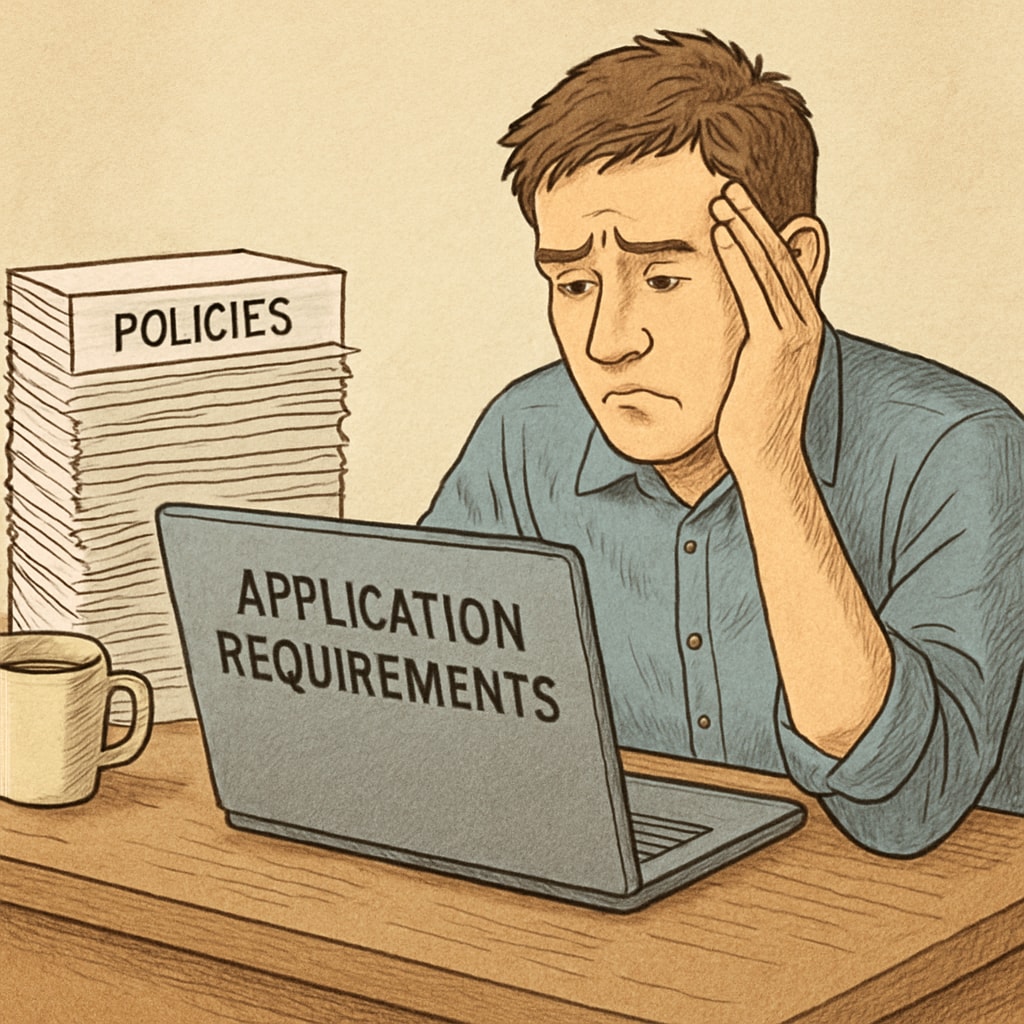In Arizona, a perplexing employment policy has sparked widespread criticism for its seeming contradiction in valuing educational qualifications. The policy requires job applicants to possess a high school diploma or GED, even if they already hold advanced college degrees. This unusual requirement has led to debates about the fairness of employment criteria, the relevance of educational achievements, and the broader implications of such policies on the labor market. The issue highlights a troubling disconnection between the education system and workforce qualifications, raising concerns over employment discrimination and the undervaluation of higher education credentials.

Why Does a High School Diploma Outrank a College Degree?
At first glance, the policy seems illogical. Why should someone with a bachelor’s or master’s degree be deemed ineligible for a position simply because they lack a high school diploma or GED? The reasoning lies in bureaucratic processes and outdated qualification frameworks. Historically, high school diplomas or GEDs have been used as baseline qualifications to measure an applicant’s foundational education level. However, this rigid criterion fails to account for the fact that individuals who have succeeded in obtaining college degrees have already surpassed these foundational milestones.
For example, a college graduate has undoubtedly demonstrated the ability to meet and exceed the academic rigor associated with high school education. Yet, Arizona’s policy treats a high school diploma as an irreplaceable credential. This creates a situation where someone with advanced education may be barred from employment opportunities that require only basic qualifications—an obvious paradox.
The Implications of Arizona’s Employment Policy
This policy has significant implications for both job seekers and employers. For job seekers, particularly those who may have taken non-traditional educational paths, the requirement can be a frustrating and unnecessary hurdle. Consider the case of immigrants or international students who may have obtained college degrees abroad but lack a U.S. high school diploma or GED. Despite their qualifications, they may face rejection solely due to this technicality.
For employers, the policy inadvertently narrows their talent pool. By disqualifying candidates with advanced degrees over a missing high school diploma, companies may miss out on highly skilled individuals who could bring innovation and expertise to the workplace. In a labor market where talent shortages are common, such restrictive policies can stifle growth and competitiveness.

Addressing the Disconnect Between Education and Employment
Arizona’s policy underscores a broader issue: the misalignment between educational qualifications and job market needs. This disconnect is not unique to Arizona. Across the United States, employment policies often rely on outdated measures of educational achievement, failing to adapt to the complexities of modern education systems and career pathways. To address this, policymakers and employers must consider the following steps:
- Revise Qualification Requirements: Employment policies should recognize college degrees as sufficient proof of educational achievement, even in the absence of a high school diploma or GED.
- Promote Flexibility: Allow for case-by-case evaluations of candidates, particularly those with non-traditional educational backgrounds or international credentials.
- Collaborate with Educators: Employers and policymakers should work with educational institutions to ensure that qualifications align with workforce demands.
By taking these steps, Arizona and other states can create more inclusive and equitable employment policies that value education and skills over rigid credential requirements.
The Bigger Picture: Rethinking Education’s Role in Employment
Arizona’s employment policy serves as a reminder of the need to rethink how education is valued in society. While a high school diploma or GED has traditionally been seen as a gateway to further education and employment, the rapid evolution of educational systems and career pathways calls for a more nuanced approach. College degrees represent a higher level of specialized knowledge and skills, which should be prioritized in employment decisions.
As the global economy continues to become more knowledge-driven, the ability to adapt to changing workforce needs will be crucial. Arizona’s policy, while well-intentioned, risks perpetuating outdated notions of educational hierarchy. To move forward, both employers and policymakers must embrace a more flexible and inclusive approach to qualifications, ensuring that education serves as an enabler rather than a barrier to opportunity.


